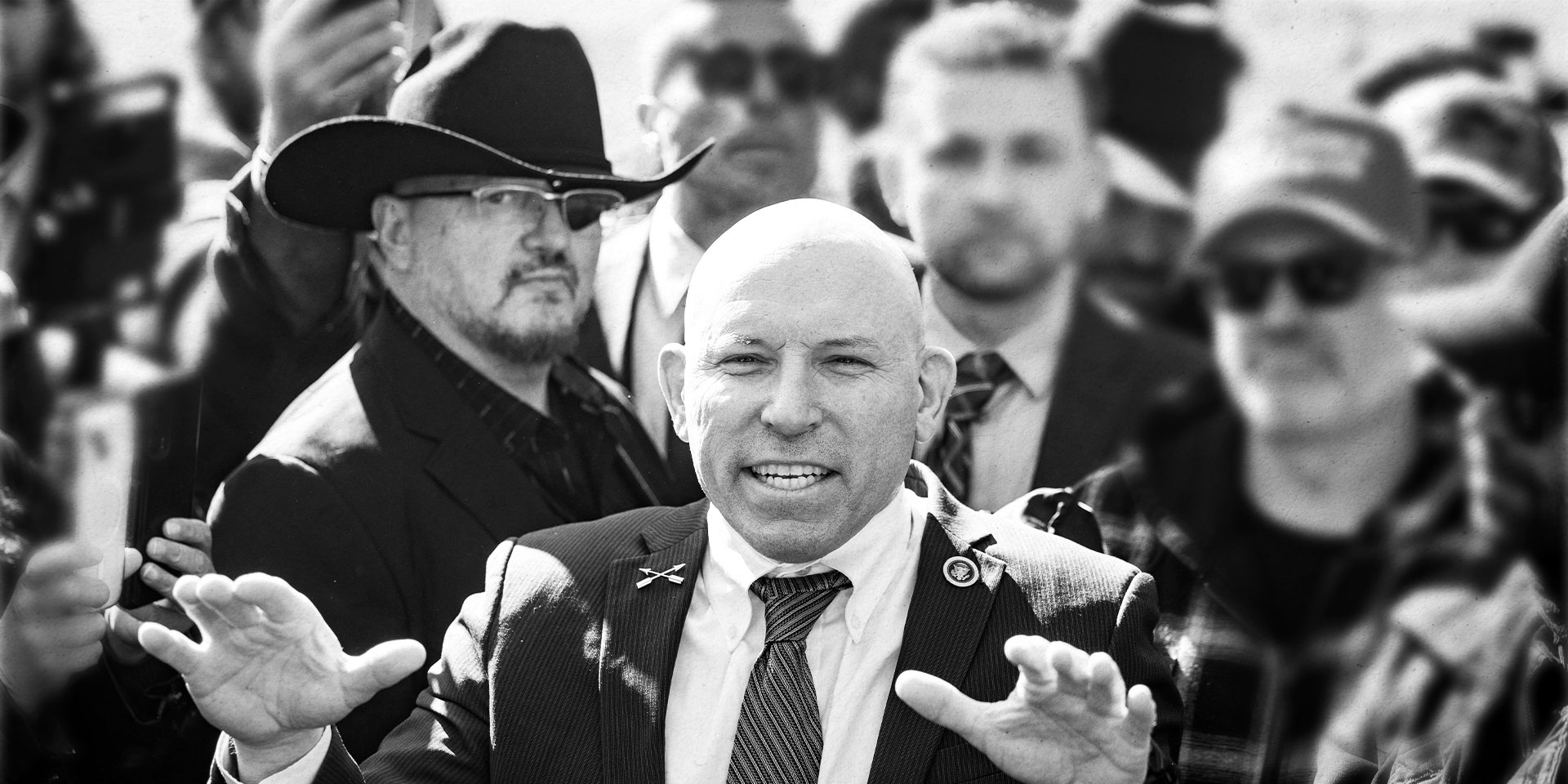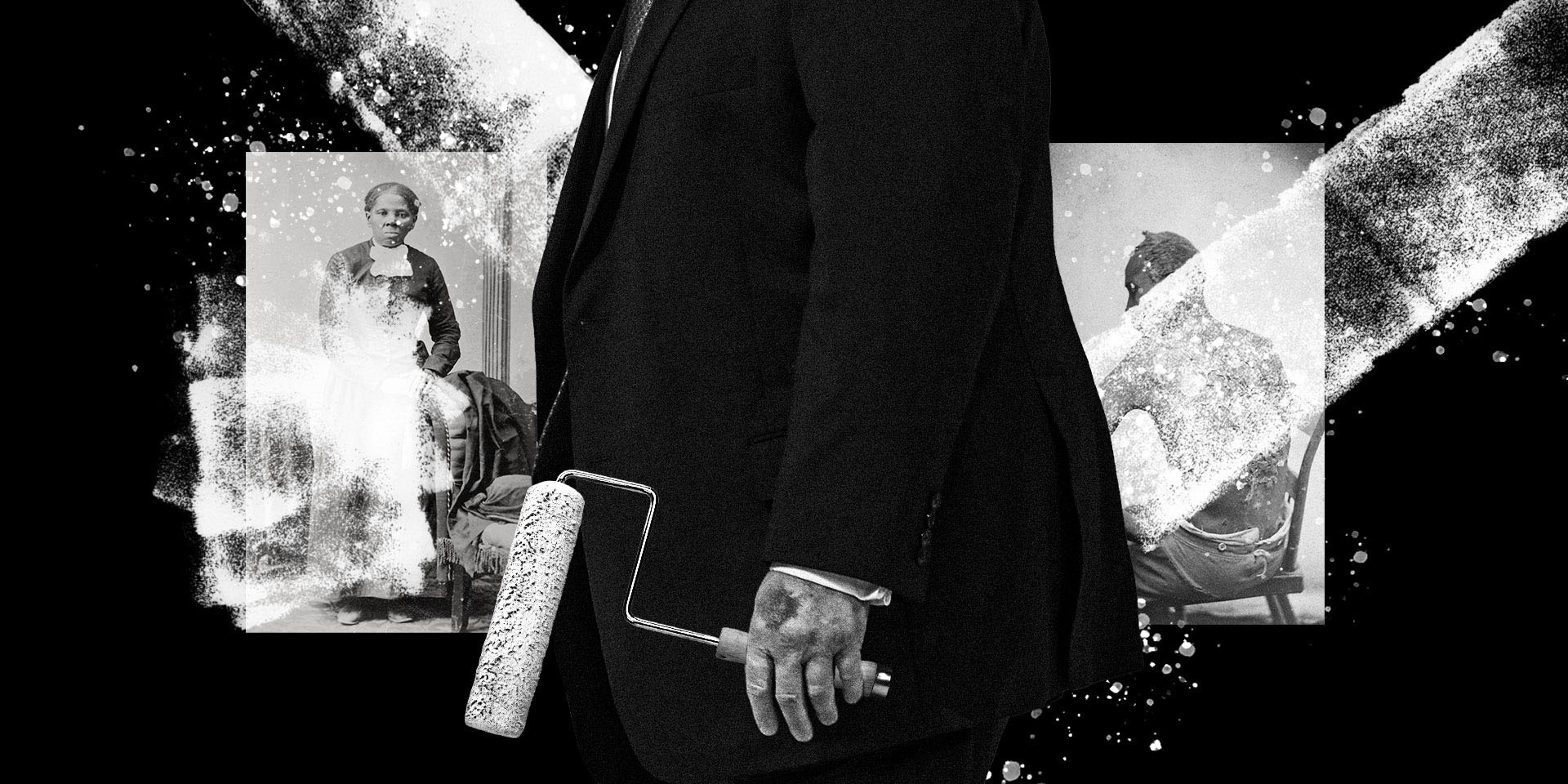Steve Bannon headlined the Front National (FN)’s Congress last weekend, leading to mixed reactions from the French far-right party’s deputies and advisors.
As Marine Le Pen’s advisor and brother-in-law Philippe Olivier told L’Express, Bannon’s presence symbolized “an opening up of the movements that focus on the protection of borders.” Still, he was skeptical. “[Bannon] discusses very simple, very understandable ideas. But I don’t think they will work in France. We are a very political people. We have a more elaborate way of thinking.”
Since Marine Le Pen took over the party in 2011, the FN has attempted to increasingly soften its appearance by publicly condemning the antisemitism and overt racism that characterized the leadership of the party’s founder, Marine Le Pen’s father, Jean-Marie Le Pen. Just last week, after several condemnations for Holocaust denialism, Jean-Marie Le Pen was fined again for incitement to hatred for racist comments against the Roma people. He was excluded from the party in 2015, and at this weekend’s congress, his position as honorary president was abolished, leading to his complete ostracization from the party he created.
Marine Le Pen, who was re-elected as the president of the FN this weekend, lost the presidential elections to Emmanuel Macron in May 2017, leaving the party in crisis. The party has been plagued by accounts of incompetency and investigations of financial fraud ever since. Some FN members expressed concern that Bannon’s presence —confirmed only this past Thursday after a last minute invitation that led Bannon to skip his planned visit to the Vatican — would compromise the FN’s ongoing campaign to clean up its image, a strategy that led the FN to its second presidential run-up in history but did not lead to presidential victory. As Bannon declared to the FN Congress:
You fight for your country and they call you racist. But the days when those kind of insults work [are] over. The establishment media are the dogs of the system. Every day, we become stronger and they become weaker. Let them call you racists, xenophobes or whatever else, wear these like a medal.
The Le Pen dynasty has been rife with interfamilial struggle, in part over the “de-demonization” issue. When asked by a reporter if Marine Le Pen was a declining star, compared to her popular and more openly anti-immigrant niece Marion Maréchal-Le Pen, Bannon rubbed salt on some sore wounds by lavishing praise on Maréchal-Le Pen: “She is not simply a rising star on the right in France. She’s one of the most impressive people in the entire world,” he said, noting that France was very lucky to have her for the next decades. When questioned about Bannon’s clear favoritism, Marine Le Pen accused French journalists of trying to drive a wedge between her and her niece.
Once the youngest member of France’s parliament (Assemblée Nationale), after her aunt’s presidential loss, Marion Maréchal-Le Pen decided to take a step back from politics in May 2017, claiming she wanted to devote herself to parenting her daughter. However, the far-right firebrand’s resignation in the middle of the electoral season led to speculation about whether she was resigning out of disagreement with the party’s leadership. Her grandfather Jean-Marie Le Pen instantly blamed her for her “desertion.” Her tenure in Vaucluse in southern France was characterized by her bringing back the party to its hardline, making her widely popular even beyond her constituency: Maréchal-Le Pen is one of the top five favorite political personalities of the French according to a recent Elabe survey, with 33 percent of French people hoping for her return in politics according to a recent IFOP poll.
It is unsurprising that she has drawn Bannon’s favor. Maréchal-Le Pen is a vibrant voice for anti-immigrant and anti-LGBT sentiment. She has openly mingled with some of the most racist and violent elements of the French far-right, and collaborated with the occasionally violent anti-immigrant French identitarians in the south. Breitbart similarly sought input from white nationalists and alt-right figures under Bannon’s leadership.
A specialist at packaging hate in appealing ways, Bannon stepped in to give Maréchal-Le Pen advice on her new project, a political science school to support rightwing supporters and movements (a project for which she was approached by a businessman previously accused of taking money from schools to appear in his “best masters” ranking.) After Maréchal-Le Pen’s February 2018 speech at Conservative Political Action Conference was widely fawned over from every corner of the far-right and alt-right in February 2018, Bannon met with her to give her advice on the new venture.
Bannon has claimed that other European populists have been in touch about creating Breitbart-like platforms. As he told The New York Times:
They see what Breitbart did and they want it in their own language. That’s the key. Right now my sites [Bannon slipped, since he is technically no longer employed by the publication] are in English, they want one in their own language.
In 2016, while still employed by the publication, Bannon had planned to launch a version of Breitbart in France and Germany ahead of the countries’ upcoming elections, before backtracking from the plan. He has also credited Breitbart London, the publication’s outpost in the United Kingdom, for making Brexit possible. Bannon has floated the idea of the creation of a think tank to “weaponize” nationalist and populist ideas in the U.S., and according to The New York Times, he wants to push it forward with scores of “populist websites” in Europe to spread these ideas.
For now, Bannon’s role might simply be consultative: in Zurich, Bannon met with Alice Weidel, the chairman of the parliamentary group of the far-right German party Alternative für Deutschland (AfD). She expressed interest in creating a newsroom for the party, which she said is plagued by lack of positive attention from the mainstream media. According to her office, Weidel was interested in seeking out Bannon’s advice on political communication and alternative media.
Arriving in Italy during the elections, Bannon has been elusive about who he met on the Italian far-right, but expressed support for the anti-immigrant, far-right League as well as backed a coalition between the League and the more nebulous, anti-establishment Five Stars movement party. His interview was prominently featured on the Corriere della Serra the day of the elections. A spokesman for Matteo Salvini, the head of the League, denied Salvini had met with Bannon, though he declared the two would have liked to.
Moving on to the Italian part of Switzerland, Bannon visited financier Tito Tettamanti at his home in Lugano, and he delivered a speech in Zurich on March 6, 2018, organized by Swiss politician Roger Köppel, of the rightwing Swiss People’s Party. Bannon addressed a sold-out room of 1,500 people, with some 100 protestors opposing his presence outside. There, Bannon explained the key struggles facing the populist movement, hitting most of his familiar themes:
Central banks are in the business of debasing your currency. Central governments are in the business of debasing your citizenship. Central technology conglomerates are in the business of debasing your own personal sovereignty and your own data, your own information, what you generate… Between the currency the citizenship and your data, you’re just serfs. It’s a new serfdom and the way you break that is with a political movement that believes in subsidiarity and pushes the rights back to the people.
In contrast, he said the populist movement “is based upon the maximization of your citizenship value.”
In Bannon’s interpretation, Brexit and Trump’s election were inextricably linked because of China, whose exports “gutted the Midwest heartland, the industrial heartland of our country and also the midland of England although it came through Germany and other places, it’s still the excess capacity of China’s industrial might.” Blaming China for appropriating the innovation of the West and unfairly subsidizing its own economy, Bannon called for answering the country’s rise with information and economic warfare.
Bannon had initially announced to the Corriere della Serra that he would stay in Europe for a few months, but he is expected to speak at a Financial Times conference on the Future of News on March 22 in New York City. He has reportedly flown back to Washington, D.C., last weekend, and has more plans to meet with Marine Le Pen mid-April.






